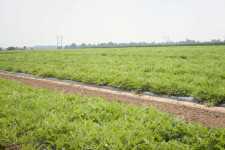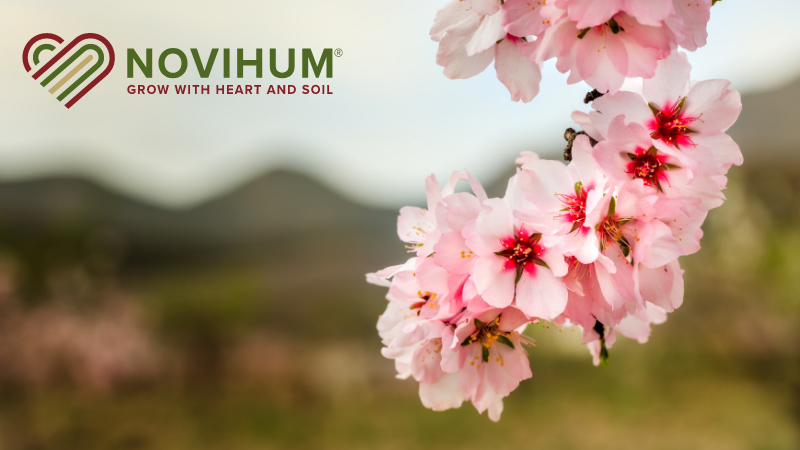Manage Weeds In Cucurbits

Many growers in the Midwest and in other areas produce cucurbits, such as squash, muskmelon, watermelon, etc., on plastic. Most of the fall squashes and pumpkins, however, are planted on bare ground, which changes things significantly as far as weed management is concerned.
“For the plasticulture crops, your options are pretty broad because a lot of things are labeled for between rows for herbicides,” says Tim Coolong, an associate Extension professor, vegetable crops, at the University of Kentucky. “What growers need to be keenly aware of, though, is that if they spray many of the available herbicides over the top of plastic mulch prior to transplanting, they can run into phytotoxicity issues.
“The reason being is that many of these herbicides will just sit on the plastic without breaking down, and when transplants are put in or when it rains after transplanting, the herbicide will be carried into the transplanting hole,” he continues. The result is the herbicide will concentrate around the plant itself, ultimately causing injury to the crop.
Growing On The Ground
For bare ground production, growers also have numerous herbicides from which to choose. In many instances, herbicides can be sprayed right over the top of the ground immediately after seeding.
If you are broadcasting herbicides over the top of pumpkin seeds right after seeding, for instance, Coolong tells growers to be very cognizant of the upcoming weather. “If you get 3 to 4 inches of rain, the herbicide can be easily washed down into the root zone where those seeds are germinating,” he explains. “We have had many problems with the herbicide getting washed down too deep in the root zone and growers having poor germination. A lot of those problems can be avoided just by watching the upcoming weather. And if your area is expecting a heavy rain, maybe delay planting until after the rain.”
Growers also must be selective in the type of herbicide, taking into account if the crop is a short- or long-season one. For squash, in particular, growers in Kentucky and in the Midwest region generally plant on bare ground early in the season because squash is a short crop and every grower wants to get a jump on the competition.
A benefit to planting early with a short-season crop, such as squash, is many of the herbicides that are sprayed tend to hold up through the life of crop. “For a longer season crop, such as watermelon, some of those herbicides become less effective later in the season,” adds Coolong.
General Weed Control Pointers
For growers producing on bare ground, Coolong offers a couple of quick weed control tips.
Stale seed bed approach. “Stale seed bedding is usually easily accomplished with a crop such as fall squash because you can work the ground and let it be fallow for a couple of weeks,” Coolong explains. “This allows weed seeds to germinate and the grower can later spray them with an herbicide. With crops that are planted very early in the spring, this is more difficult to do because growers simply don’t have the time.”
Bush types versus full vining. If growers are cognizant of the types of cucurbits they are planting, particularly when taking into account some of the newer varieties of squashes and pumpkins — the bush types versus some of the older types that may be a full vining type variety — they need to be aware that some of the newer varieties can implicate their weed control options once plants are in the ground.
“Because many of our growers often plant several types of pumpkins or fall squashes together, it can be a challenge to match weed-management regimens of the different growth habits of the crops,” explains Coolong. “For example, some organic growers that might be cultivating may prefer the bush types because that will allow them to cultivate between rows later into the season.
“Conversely, some of the growers like the full vining types because they feel they get better coverage across the ground and that will smother any weeds late in the season,” he continues. “Depending on the type of weed control system you have in place, choosing a vining or bush type can really help or hurt you.”










